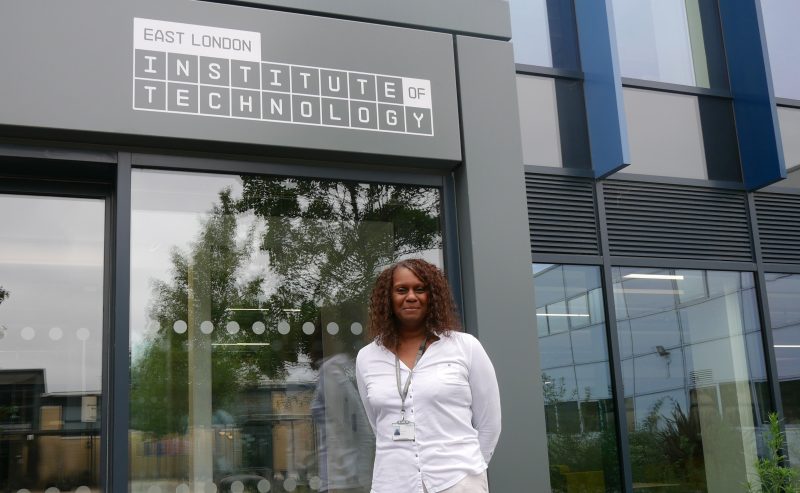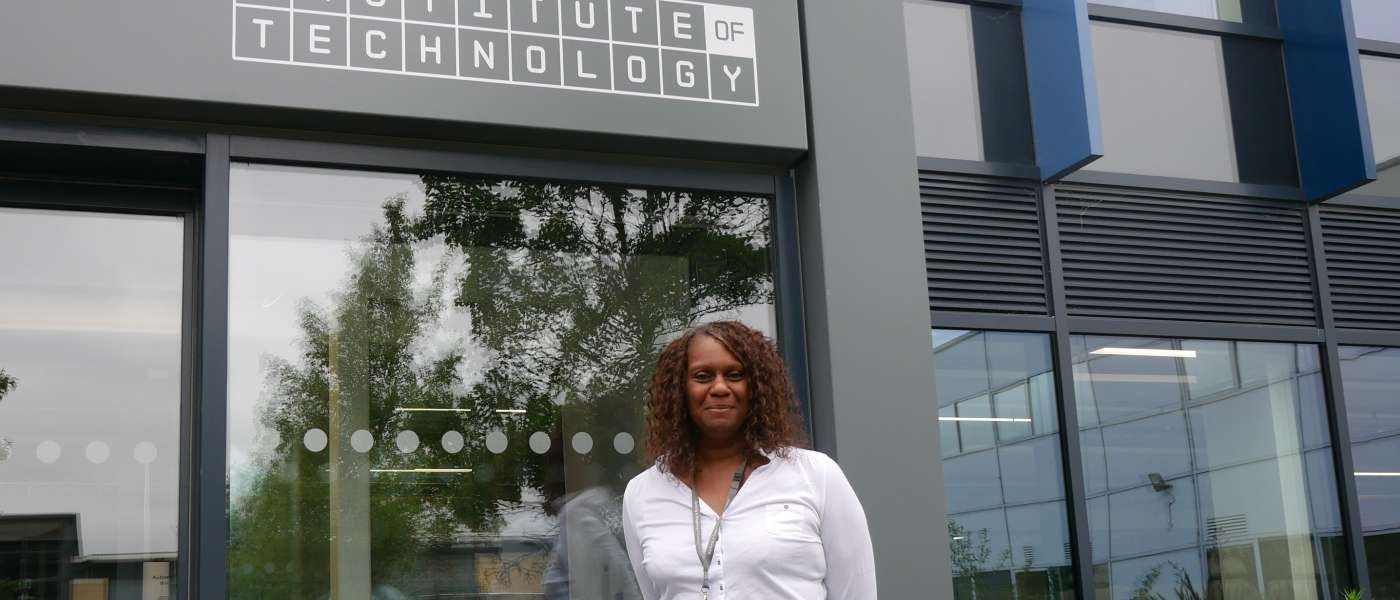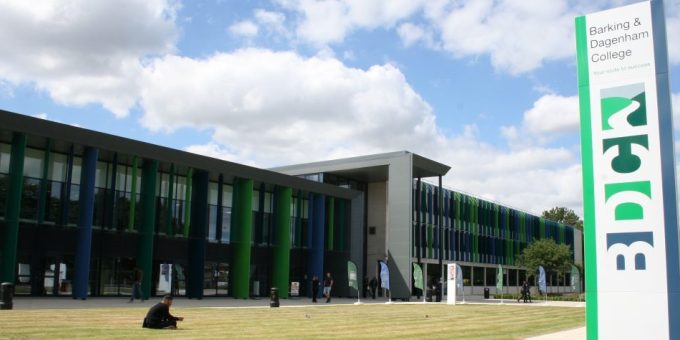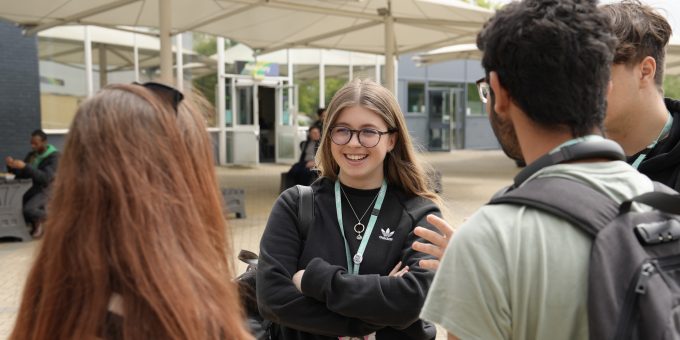18th July 2022
Sustainability skills gap must be plugged to meet east London's green home aspirations.
- 74% of people in Greater London would consider a home to be worth more money, if it was sustainably constructed
- The majority of people in Greater London currently use electricity 70% and gas 54% in their homes, but if cost wasn’t a factor, 42% would opt for renewable, sustainable or green sources of energy
- The East London Institute of Technology (East London IoT) is part of a new national network working to solve the big issues facing society today, highlighted in a report out today
The skills to succeed: Meeting the country’s evolving technical skills needs report, produced on behalf of the Institutes of Technology, looks at a range of challenges communities face today, including sustainable construction and energy. Despite this appetite for greener living, the report outlines that a workforce with the right technical skills are needed to make it a reality. For instance, waste is a major issue in the construction industry, generating around three fifths (62%) of total UK waste, in 2018. Modern methods of construction like 8D Building Information Modelling (BIM) can make the process more efficient as a lot of the planning and preparation work can be done digitally, but more workers with the skill-set and equipment are needed.

Yvonne Kelly, Principal and CEO, East London IoT says: “We are providing much-needed training to help close the skills gaps in these growth areas within our region. Our ultra-modern facilities grow and develop constantly, keeping pace with industry. We recently opened our Smart Construction Centre which will be providing cutting edge, jobs-based training in modern, digital, and green construction techniques.”
The East London IoT is part of a new national network of regional partnerships between local colleges, universities and leading employers across England, created to ensure the technical skills and knowledge needed to overcome the biggest challenges communities face are accessible to all. IoTs provide training in STEM (Science, Technology, Engineering and Maths) based occupations, many of which address sustainability demands facing the country, such as in energy, construction and agritech industries. Their work is increasing the accessibility of vital expertise for employers seeking to embrace innovation.















